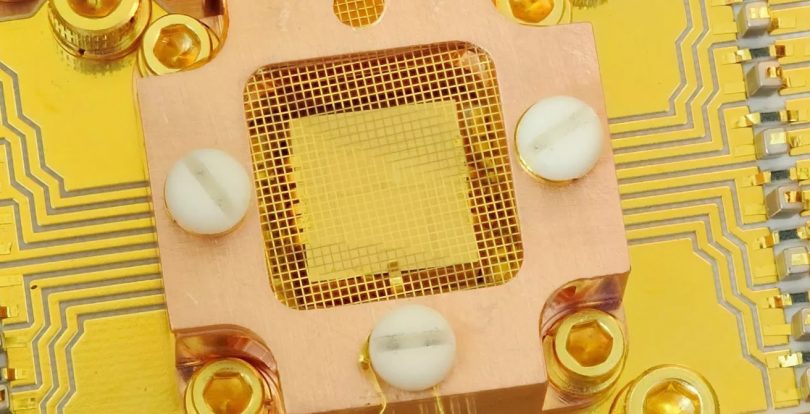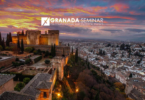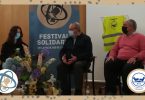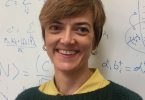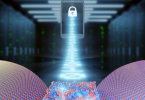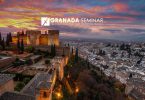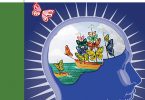Granada will host from 6 to 8 March the scientific meeting to launch the European action COST (European Cooperation on Science and Technology) on Trapped ions: progress in classical and quantum applications, organized by UGR professors Rosario González-Férez and Daniel Rodríguez, from the Department of Atomic, Molecular and Nuclear Physics, together with the person responsible for the action, Professor Markus Hennrich, from Stockholm University (Sweden).
This first-class scientific event will be held at the Palacio de Congresos, and 65 international researchers covering a broad academic spectrum will participate: leading professors in the field, postdoctoral researchers and doctoral students, representing a total of some 50 European research groups from 47 institutions/universities in Bulgaria, Czech Republic, Denmark, Finland, France, Germany, Great Britain, Ireland, Israel, Italy, Latvia, Macedonia, Poland, Portugal, Romania, Serbia, Spain, Sweden, Switzerland and the Netherlands.
The network is led by Professor Markus Hennrich (Stockholm University), and co-directed by Professor Martina Knoop (University of Marseille and CNRS), and has four working groups: Tools and Infrastructure (Professor Daniel Rodríguez-UGR), Precision Sensing and Metrology (Professor Matthias Keller-University of Sussex), Quantum Control (Professor Nikolay Vitanov-University of Sofia) eHybrid Systems (Professor Johannes Hecker Denschlag-University of Ulm) and Johannes Hecker Denschlag-University of Ulm) eHybrid Systems (Professor Johannes Hecker Denschlag-University of Ulm).
This action, approved in April 2018, will serve to further promote collaborative actions and knowledge sharing across Europe in the field of ion traps, which are a versatile tool that is being developed significantly in the 21st century, encompassing a wide range of fundamental research topics in university laboratories or large facilities, in diverse scientific disciplines and in the field of quantum technologies.
Significant examples of quantum regime research are the use of ions trapped in the improvement of atomic clocks, to build ultra-sensitive sensors or as quantum information processors, the latter either alone or combined with other platforms (hybrid systems). All these topics will be dealt with in the event starting tomorrow in Granada, where there will be a total of 45 presentations
.
More informationContact:
Daniel Rodríguez Rubiales
Department of Atomic, Molecular and Nuclear Physics of the UGR
Teléfonos: 958240032 – 958248841
E-mail:


